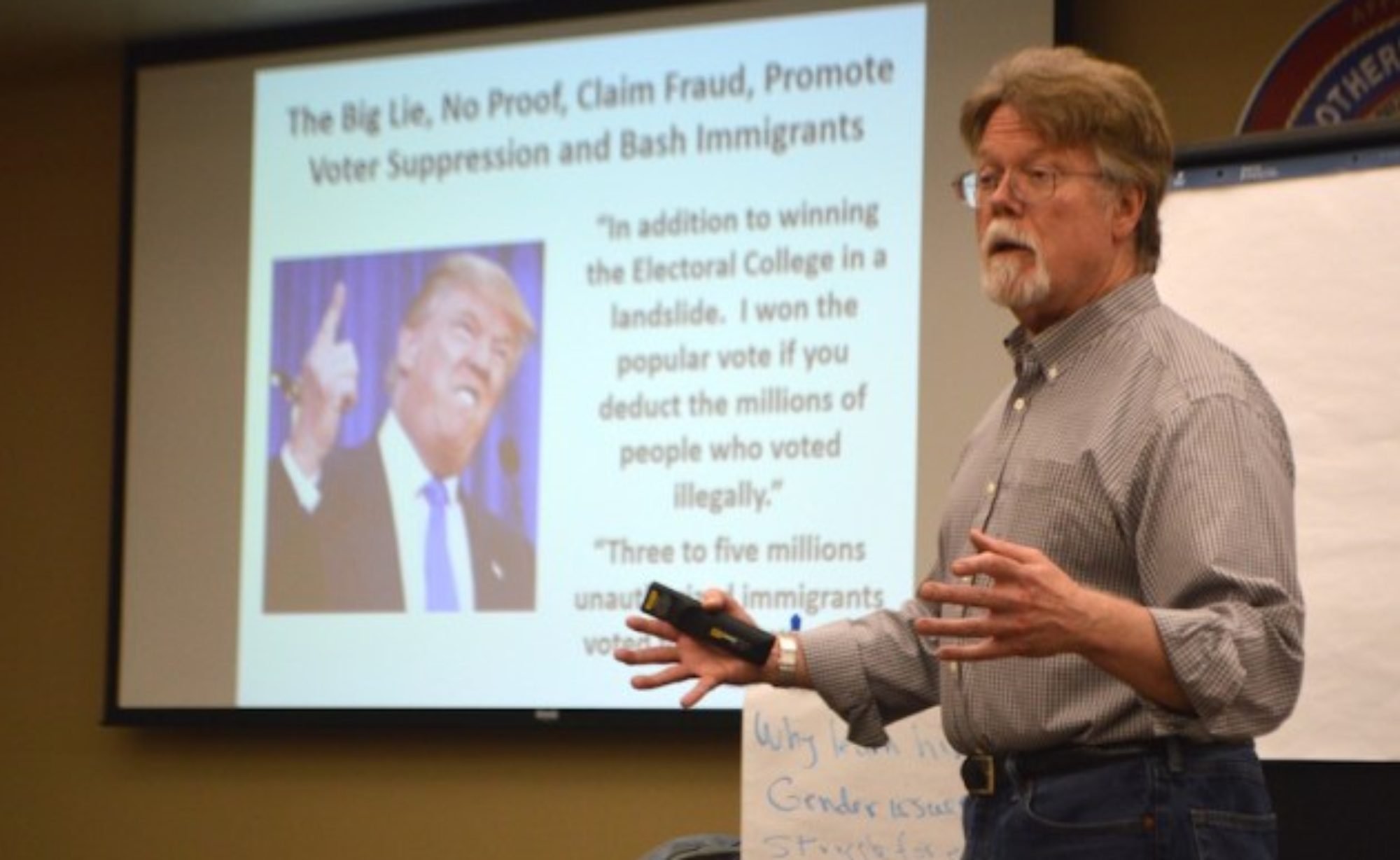This article was originally published for The Retiree Advocate at psara.org on August 2, 2012.
By the early 1970’s, Corporate America was on the defensive as strong movements for racial justice, a cleaner environment, safer consumer products, women’s rights, and worker protections successfully pressured Congress to pass major legislation. Corporate power was being limited in areas of racial, gender and age employment discrimination, polluting the environment, selling unsafe and unhealthy consumer products, and keeping workplaces needlessly unsafe and unhealthy. This was the second major wave of reform in less than 40 years that further limited the power of corporations and expanded greater economic and social justice.
These great people’s victories provoked deep discussions among Corporate America about how to reverse this loss of power and regain dominance. On August 23, 1971, Lewis Powell, an influential corporate lawyer, wrote a confidential memo to the U.S. Chamber of Commerce entitled “Attack of the American Free Enterprise System.” This influential document described an alleged systematic assault on the survival of free enterprise. Most importantly it laid out the need and strategy for Corporate America to launch a broad based long-term counterattack against their enemies.
Powell called for broad-based, long-term educational campaigns and aggressive political action to regain corporate dominance. Re-establishing the primacy of business perspectives on economic life and the central role of business in our nation was needed. He singled out the key targets as business critics from the universities, the pulpit, and the media, thought leaders in the arts and sciences and unreliable politicians. To quote Powell, “The first essential is to establish the staff of eminent scholars, writers and speakers, who will do the thinking, the analysis, the writing and the speaking. It will be essential to have staff personnel who are thoroughly familiar with the media, and how most effectively to communicate with the public.”
His strategy was clear and direct: Develop the idea machine to shift public consciousness, effectively work the media, and relentlessly attack the enemies of Corporate America. Again to quote Powell, “It is essential that spokesmen — at all levels and at every opportunity — be far more aggressive than in the past. There should not be the slightest hesitation to press vigorously in all political arenas…Nor should there be reluctance to penalize those who oppose it…The type of program described above…if undertaken long term and adequately staffed, would require far more generous financial support from American corporations than the Chamber has every received in the past.”
Two months after Powell wrote this secret memo, President Richard Nixon nominated him to serve on the U.S. Supreme Court. Congress confirmed him. Powell was not the only corporate advocate calling for a broad-based war of ideas and disciplined political action to regain corporate dominance. This was not conspiracy theory run amok but very thoughtful strategic thinking and planning. Did anyone listen to Powell and his ideas?
The 1970s and 1980s saw an explosion of corporate-oriented think tanks: The Heritage Foundation was founded in 1973; The Cato Institute (1974); The Manhattan Institute (1978); Citizens for Sound Economy (1984) founded by the Koch Brothers; State Policy Network (1986) which has 59 affiliated state think tanks. The long established American Enterprise Institute grew from 10 to 100 staff between 1970 and 1980. There are others.
With the idea machine well-funded, Corporate America and their intellectual and political allies unleashed a decades-long war of ideas. They triumphed with the election of Ronald Reagan, the Great Communicator, who promised a new day in America.
The message was simple and clear. Government is the enemy strangling the free enterprise system. Get government off the back of business and the people through deregulation. Cut taxes on corporations and the wealthy to spur job creation and prosperity. This came to be known as known as trickle-down economics. Cut government social programs because they weaken the people they claim to help. Privatize government whenever possible because the private sector is always more efficient than the government. Last but not least, promote free trade and export manufacturing jobs. We don’t need to make things any more. This bold approach would bring rising prosperity to our nation and the people. Trust Corporate America. They will deliver.
The late 1970s and early 1980s were a fundamental turning point in how our nation would approach issues of economic justice and fairness. Our nation embarked on a great experiment. How did it work? Part 4 next month will tell that story.
